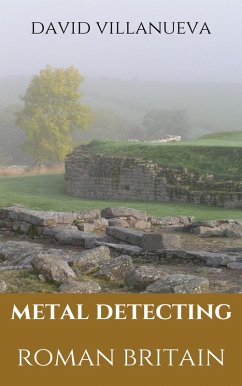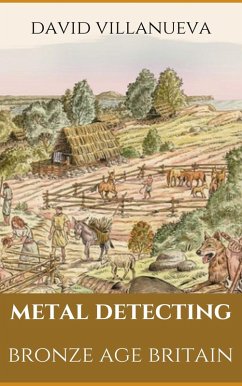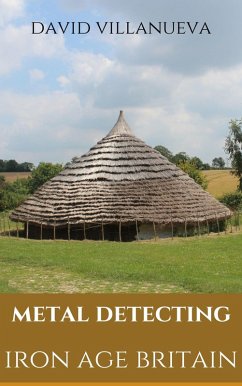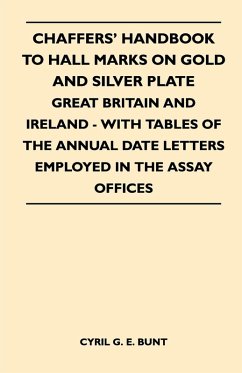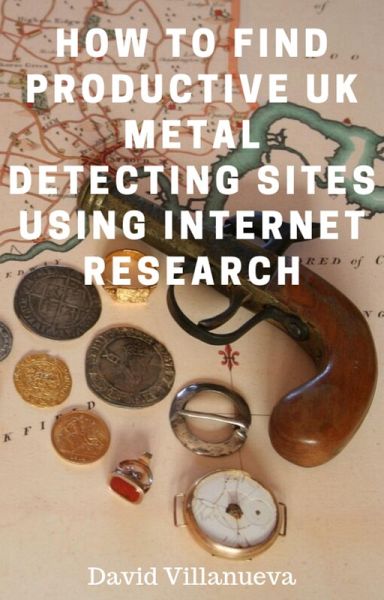
How to Find Productive UK Metal Detecting Sites Using Internet Research (eBook, ePUB)

PAYBACK Punkte
0 °P sammeln!
If you habitually search where nothing much happened in the past then you can expect nothing much in your finds bag. The key to finding where people lived, worked and played in the past, and lost metal objects, is research. The traditional way of research is to start with your local library (or the library nearest your area of interest) and once you have exhausted their records you move on to regional and county record offices and finally to The National Archives. This method of research is still widely used but the big problem with this research is it takes a large amount of time, with travel...
If you habitually search where nothing much happened in the past then you can expect nothing much in your finds bag. The key to finding where people lived, worked and played in the past, and lost metal objects, is research. The traditional way of research is to start with your local library (or the library nearest your area of interest) and once you have exhausted their records you move on to regional and county record offices and finally to The National Archives. This method of research is still widely used but the big problem with this research is it takes a large amount of time, with travel, booking places, waiting for records to be accessed and copied time that can be better used for metal detecting.
The Internet used to be fairly limited for conducting useful research but over the last few years there has been so much digitization of documents and amazing software developed that you can do most research just sitting at a computer screen. And remember that your local library now has public computers and the expertise to show you how to use them if you cannot access a computer at home.
In this book you will find a superb collection of Internet resources that will lead you to those productive metal detecting sites. Buy it now and order a larger finds bag.
The Internet used to be fairly limited for conducting useful research but over the last few years there has been so much digitization of documents and amazing software developed that you can do most research just sitting at a computer screen. And remember that your local library now has public computers and the expertise to show you how to use them if you cannot access a computer at home.
In this book you will find a superb collection of Internet resources that will lead you to those productive metal detecting sites. Buy it now and order a larger finds bag.
Dieser Download kann aus rechtlichen Gründen nur mit Rechnungsadresse in A, B, CY, CZ, D, DK, EW, E, FIN, F, GR, H, IRL, I, LT, L, LR, M, NL, PL, P, R, S, SLO, SK ausgeliefert werden.




